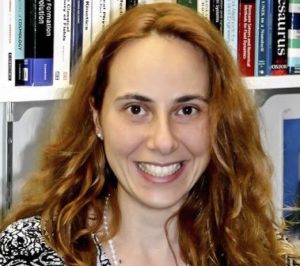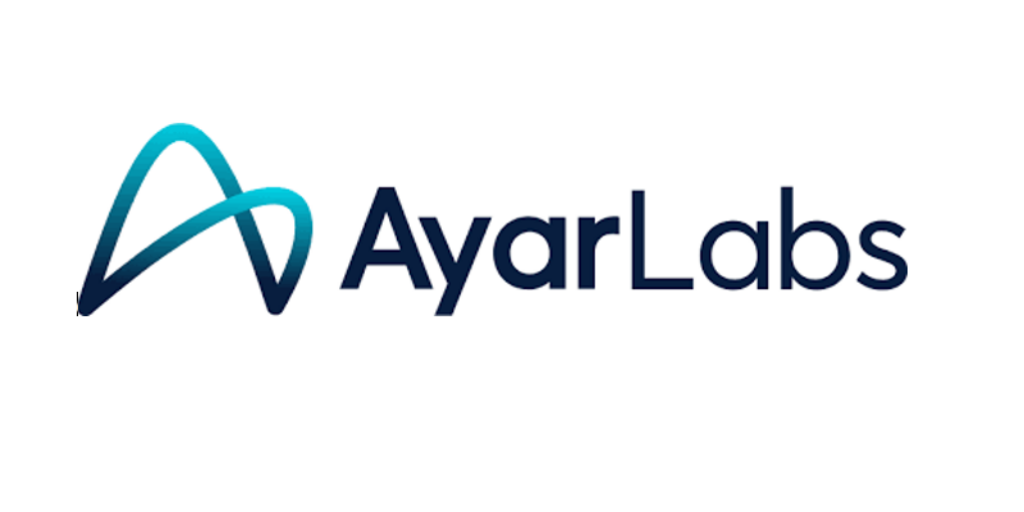
Dr Debora Sijacki is a Reader in Astrophysics and Cosmology at the Institute of Astronomy and Kavli Institute for Cosmology, University of Cambridge.
Today the European PRACE initiative announced that Dr Debora Sijacki from the University of Cambridge will receive the 2019 PRACE Ada Lovelace Award for HPC for her outstanding contributions to and impact on high performance computing in Europe. As a computational cosmologist she has achieved numerous high-impact results in astrophysics based on numerical simulations on state-of-the-art supercomputers.
Dr Debora Sijacki focuses in her work on computational astrophysics, especially studying galaxy formation, supermassive black holes, and hydrodynamical feedback processes. She has developed several new numerical models and implemented them in massively parallel simulations. An interesting example for her impact in computational science is the highly successful Illustris galaxy formation model where she was one of the key developers during her postdoctoral Hubble fellowship at Harvard University. The main result of Illustris regards the fundamental role supermassive black holes play in shaping galaxy properties, based on seminal ideas she developed during her PhD studies at the Max Planck Institute for Astrophysics in Garching, Germany.
Sijacki uses for her calculations large supercomputer facilities. Her work directly showcases the importance of high performance computing for fundamental research in cosmology and astrophysics. Her impact in HPC is recognized as she was involved as principal investigator (PI) or Co-PI in several projects that were awarded in total more than 180 million core hours through PRACE, XSEDE and DiRAC. Her expertise and high recognition in this area is also underlined by the fact that since 2016 she is the Chair of the UK National HPC Project Management Board of DiRAC.
The research areas of Astrophysics and Computational Sciences are still suffering from an unbalanced gender ratio. However Sijacki found in both research domains international acceptance of her work. Her research achievements were recognized with the Otto-Hahn medal of the Max-Planck Society. Furthermore she was awarded with an ERC starting grant (2015-2020) during her lectureship at the Institute of Astronomy in Cambridge. She has excellent communication skills conveying the enthusiasm for her work not only at scientific conferences, but also through media interviews and public outreach events inspiring the next generation of young female scientists in HPC.
Sign up for our insideHPC Newsletter




